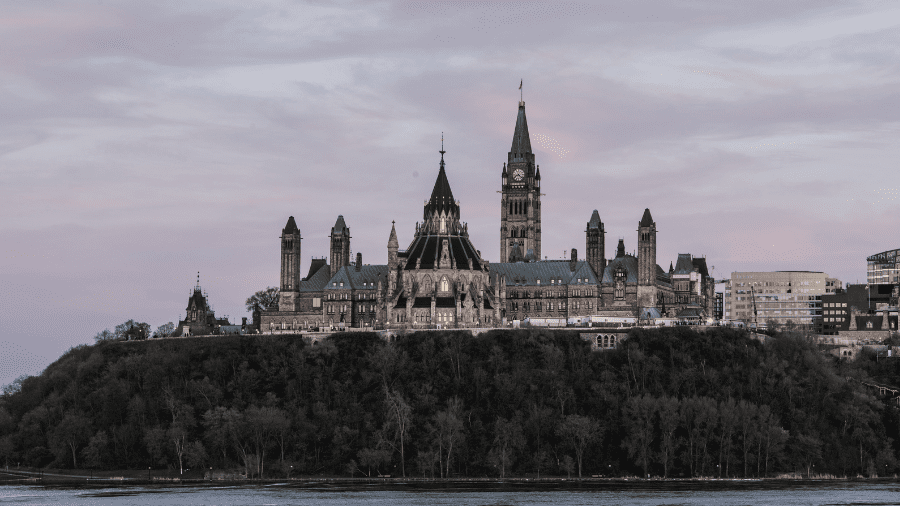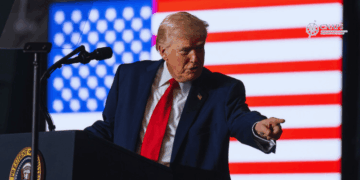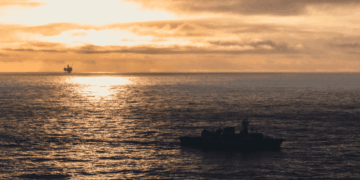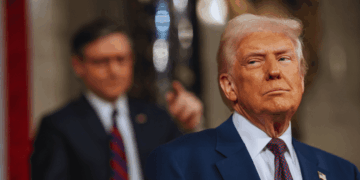This article originally appeared in the Globe and Mail.
By Richard Fadden, April 17, 2023
Arguably, humans and nation-states share at least one desirable characteristic: the capacity for self-awareness. In periods of stability, self-awareness need not be at the top of the list of the most desired characteristics. However, with the rapid political and social changes taking place in the world right now, self-awareness, for both individuals and governments, is critical.
It is beyond reasonable debate that the international environment in which Canada operates is changing in ways that are largely negative. The rise of an increasingly assertive China, Russia acting in total disregard of international law, climate change, and the rise of extremism are but a few examples of how our environment, which many long perceived as comfortable and largely unchanging, has shifted. To what extent have Canadians and our governments acknowledged and reacted to these changes? Not so much.
Historically, absent a significant crisis, Canadians have not worried a great deal about the world. This is perhaps understandable because this approach does not appear to have hurt us. We have three oceans and the U.S. to protect us from most threats, so deep concern about national security and national defence has been close to absent from our lives. We need only recall that during the past two federal election campaigns, both topics were almost totally absent. The not unreasonable conclusion that parliaments and governments draw from this is that there are few votes in national security and national defence and, as a result, neither topic is top of mind when Speeches from the Throne or budgets are prepared.
Of course, we have a defence and security apparatus – after all, we are not Costa Rica – but it is minimal given our membership in the G7, NATO and NORAD. We do what is absolutely the minimum we can get away with, given our treaty obligations – witness how long it has taken us to order a relatively small number of F-35 fighter jets. Other defence requirements, such as base modernization and our NORAD commitments, also tend to be low priorities.
This is not about NATO’s 2-per-cent-of-GDP target for spending on national defence – although it is important – but rather about whether our governments are sufficiently self-aware to appreciate the world we are in, or at least heading toward. If nothing else, it would seem reasonable for Canada to take notice of what our closest allies are doing with national defence and national security: they are taking both seriously. In a similar fashion, our commitments to diplomacy and development assistance fall short of what might be expected of a G7 country that aspires to have significant influence in the international arena.
Why Canada is such an outlier becomes an important question. In addition to the historical belief about the absence of threats, another partial explanation is that all Canadian governments take office with a few high-level target areas that rarely, if ever, include the state of the world and our place in it. It would seem that Justin Trudeau’s government has clearly decided to focus on social objectives, all of which are truly laudable. Many billions have been spent or committed to this sector while the national defence/security sector has not been forgotten, but has certainly not received the attention the world situation suggests – to the consternation of our allies. It is hard not to conclude that the government simply does not share the view that the deteriorating world situation is very serious. To suggest otherwise must mean it shares that view but has chosen to ignore it. If this is the case, it is a serious abandonment of its responsibilities to Canadians.
The optimistic, brave new world that followed the fall of the USSR (even with its challenges) has given way to a world arguably undergoing the greatest changes since the Second World War and certainly since the end of the Cold War. Almost all of these changes are for the worse. All Canadians need to tune into these challenges to our way of life. However, it is particularly discouraging that our government seemingly does not accept this new reality – nor does it act accordingly – putting us all at risk. In the final analysis, those who govern us have an obligation to see the world as it is, whether or not that view is popular with Canadians.
Richard Fadden is a member of the Macdonald-Laurier Institutes Advisory Council, a former national security adviser to the prime minister and former deputy minister of national defence.








